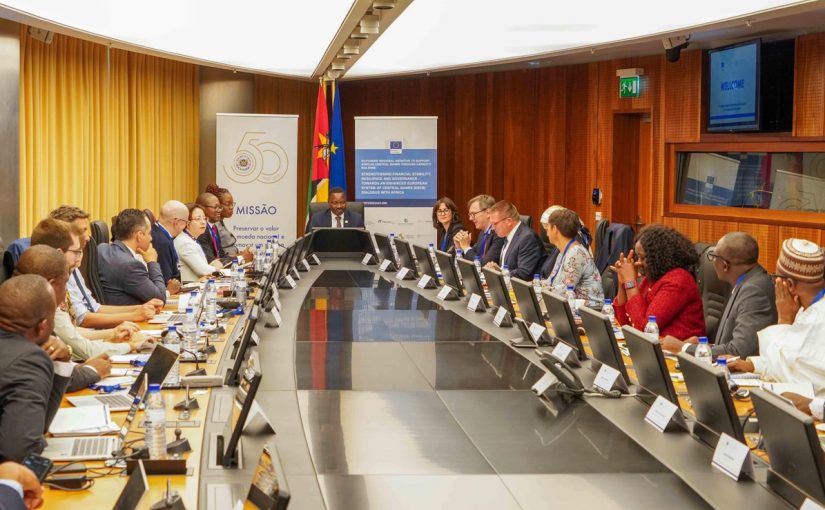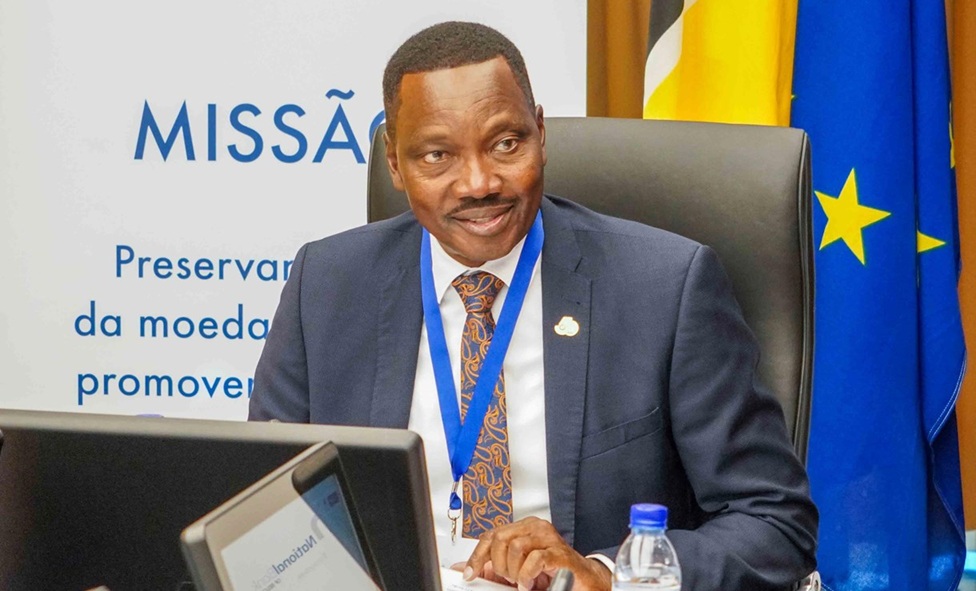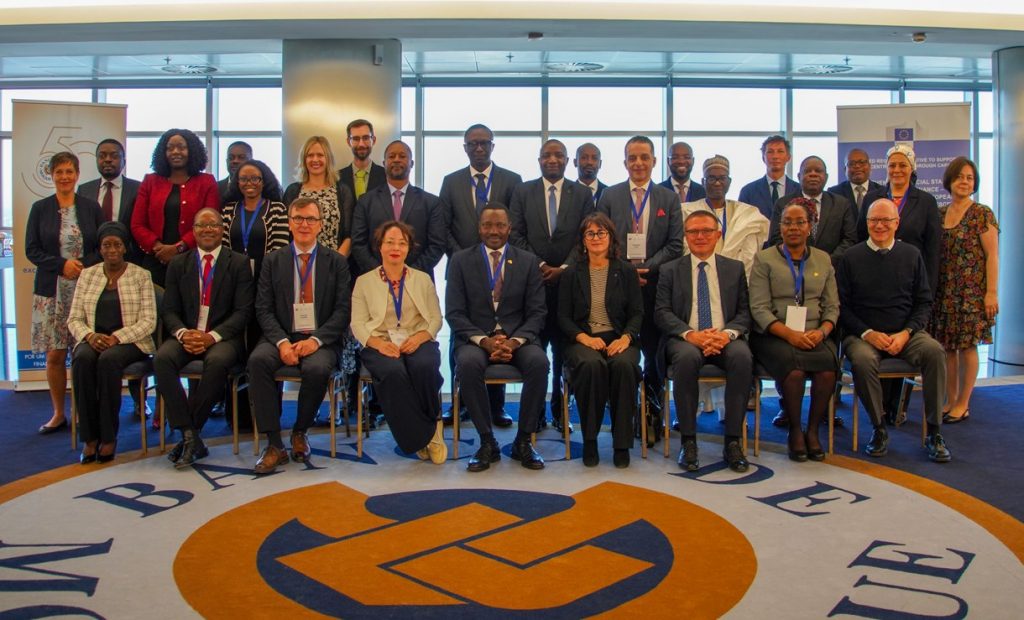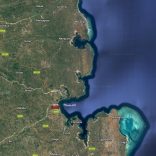Mozambique: One-stop border with Malawi inaugurated - AIM report
Governor of Banco de Moçambique delivers opening address at the 7th ESCB Steering Committee

Photo: Banco de Moçambique
The Governor of Banco de Moçambique Rogério Zandamela yesterday delivered an opening address at the 7th Steering Committee of the pilot project launched jointly by the European System of Central Banks and the European Commission (the ESCB Africa Project) at the central bank’s premises.
The project is funded by the European Union (EU) and involves a capacity building programme through training packages and collaboration between European and African central banks, aiming at contributing to macroeconomic and financial stability in Africa, with a focus on areas such as good governance, financial stability, resilience and strategic planning.
On the occasion, Governor Rogério Zandamela welcomed all attendees, with special recognition to Alicia Martin Diaz, Chargé d’Affaires of the EU Delegation to Mozambique, representing Ambassador Antonino Maggiore.
Zandamela expressed his gratitude for the privilege of the Bank of Mozambique (BM) hosting this edition of the Committee, which wraps up on Wednesday (10), and sincerely acknowledged the EU’s support and strategic partnership in strengthening institutional capacity across the African continent. “This partnership has been instrumental in ensuring the success of this initiative, which currently involves 12 African central banks and plays a vital role in promoting institutional resilience, effective governance, and knowledge exchange in response to an increasingly dynamic economic and financial environment,” the Governor stated.

The Governor also highlighted key areas in which the institution has made tangible strides: “First, in collaboration with Banco de Itália and Banco de Portugal, we are enhancing our balance of payments compilation by introducing innovative approaches to broaden coverage. Second, following several training sessions, we are introducing advanced data analysis techniques into our processes and have made progress in developing our corporate architecture, aligned with our Digital Transformation Strategy. Third, we have moved forward with the transition towards Basel III implementation and strengthened our institutional capacity in anti-money laundering and counter-terrorism financing.”
Finally, Zandamela maintained the BM’s full commitment to the objectives of the project and expressed the Bank’s openness to engaging in future initiatives that contribute to strengthening Europe-Africa cooperation in the areas concerned.
The BM officially joined the program in November 2023 and has been actively participating in a range of capacity-building activities since February 2024, when the Steering Committee held its inaugural meeting in Paris.
In attendance at the meeting were BM board members and representatives from the central banks of France, Italy, Germany, Belgium, Spain, Lithuania, Slovakia, Portugal, South Africa, Angola, Egypt, Ghana, Morocco, Namibia, Tanzania, Tunisia, Kenya, the Central and West African States, as well as the European Central Bank.













Leave a Reply
Be the First to Comment!
You must be logged in to post a comment.
You must be logged in to post a comment.